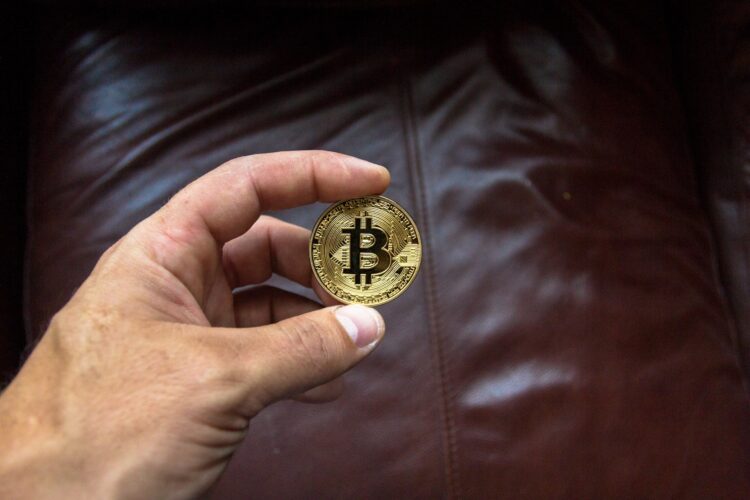In the dynamic landscape of the contemporary information era, characterized by swift advancements and unhindered sharing of data and ideas, the notion of censorship resistance has risen as a pivotal cornerstone for upholding unobstructed and inclusive communication channels. Leading this paradigm shift, Bitcoin is the groundbreaking digital currency that not only revolutionizes the financial domain but also offers a potent instrument for countering diverse manifestations of censorship. This article intricately explores the intersecting domains of censorship resistance and Bitcoin, elucidating their import, mechanisms, and far-reaching consequences. So, if you are a newbie in crypto investment, you may consider knowing about the way to enable attackers and defenders for cryptocurrencies.
Understanding Censorship Resistance
Censorship, in its many forms, can impede the free flow of information, suppress dissenting voices, and hinder societal progress. From governments controlling media narratives to online platforms restricting content, censorship takes on different guises across the global spectrum. Censorship resistance, as the name suggests, is the ability to withstand and overcome such attempts to control information dissemination.
The Role of Bitcoin
Bitcoin often hailed as digital gold, emerged in 2009 as a decentralized and trustless form of currency. While its primary purpose was to disrupt traditional financial systems, its underlying technology, the blockchain, holds the key to censorship resistance. The blockchain is an immutable, transparent, and decentralized ledger that records all transactions across a network of computers. This fundamental feature empowers Bitcoin with censorship-resistant properties.
How Bitcoin Achieves Censorship Resistance
Decentralization
Bitcoin operates on a decentralized network of nodes, ensuring that no single entity has control over the entire network. This decentralized structure makes it incredibly resilient to censorship attempts, as there’s no central point of failure to target.
Immutable Transactions
All Bitcoin transactions are recorded on the blockchain and are immutable once confirmed. This means that once a transaction is added to the blockchain, it cannot be altered or deleted, providing a tamper-proof record of all financial activities.
Pseudonymity
Bitcoin transactions are linked to cryptographic addresses rather than real-world identities. This pseudonymous nature adds a layer of privacy and protection, enabling users to engage in transactions without the fear of reprisal.
Bitcoin as a Censorship-Resistant Medium
Financial Freedom
In regions where traditional financial infrastructure is lacking or unstable, Bitcoin offers a lifeline. People can access the global economy, send and receive funds, and store value without the need for intermediaries or a stable local currency.
Evading Capital Controls
Bitcoin allows individuals to bypass stringent capital controls imposed by governments. Citizens facing economic turmoil or political instability can preserve their wealth and move it across borders with ease.
Uncensored Transactions
Traditional payment systems can be censored, freezing assets and restricting financial autonomy. Bitcoin transactions are borderless and permissionless, enabling unrestricted access to the global financial network.
Bitcoin and the Battle for Free Speech
Online Censorship
The digital realm has become a battleground for free speech, with social media platforms and content-sharing sites exercising significant control over the narratives that circulate. Bitcoin, as a censorship-resistant medium, provides an avenue for individuals to support platforms and content that align with their beliefs, without fear of censorship.
Supporting Whistleblowers
Whistleblowers play a pivotal role in exposing corruption and wrongdoing. However, they often face retaliation and censorship. Bitcoin donations provide a way for concerned citizens to support whistleblowers anonymously, safeguarding their ability to speak out.
Future Implications and Challenges
Mainstream Adoption
As the notion of censorship resistance garners increasing attention, the widespread acceptance of Bitcoin and blockchain technology encounters persistent challenges. The imperative lies in cultivating comprehensive education, establishing regulatory certainty, and developing user interfaces that are approachable and intuitive. These factors play a pivotal role in closing the divide between the pioneers who embraced these innovations early on and the broader population that requires a clearer understanding and user-friendly experiences to fully embrace their potential.
Technological Advancements
In tandem with technological progress, censorship techniques also evolve, necessitating a parallel trajectory of advancement for Bitcoin’s capacity to sustain censorship resistance. The enduring efficacy of Bitcoin hinges upon a continuous stream of technological innovations focused on bolstering facets like security, privacy, and scalability. By consistently enhancing these critical attributes, Bitcoin can effectively fortify its stance as a bulwark against emerging and sophisticated censorship strategies.

Conclusion
Within the ever-evolving terrain of the information age, where the ongoing struggle for unfettered expression persists, Bitcoin has emerged as a formidable tool in the fight against censorship. Through its decentralized structure, transactions that cannot be altered, and global accessibility, Bitcoin assumes the role of a guiding light for individuals striving to evade the constraints of censorship. As societies navigate the intricate consequences of unbridled communication, Bitcoin stands as a tangible testament to the indomitable forces of innovation and adaptability when confronted with attempts at stifling discourse.




